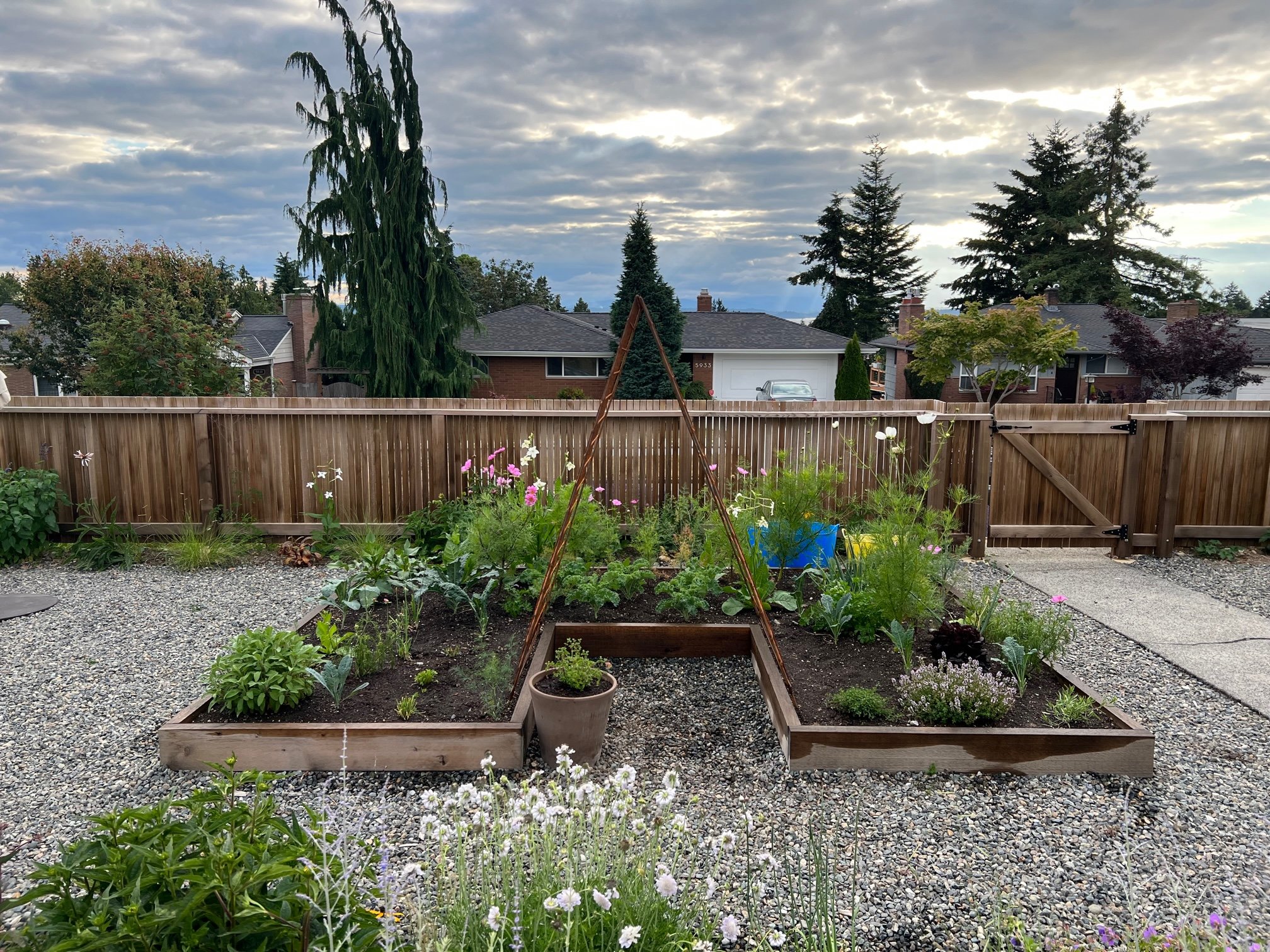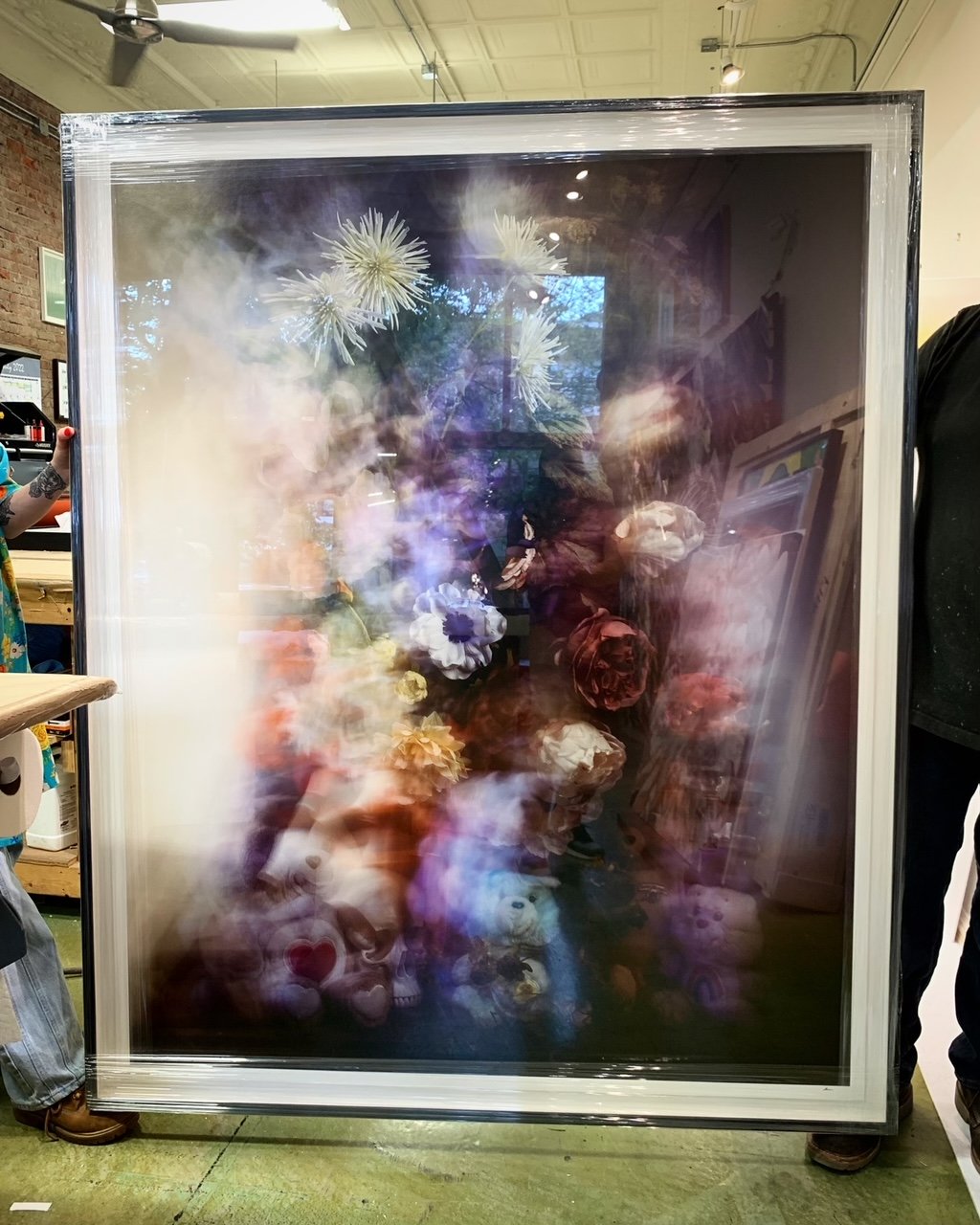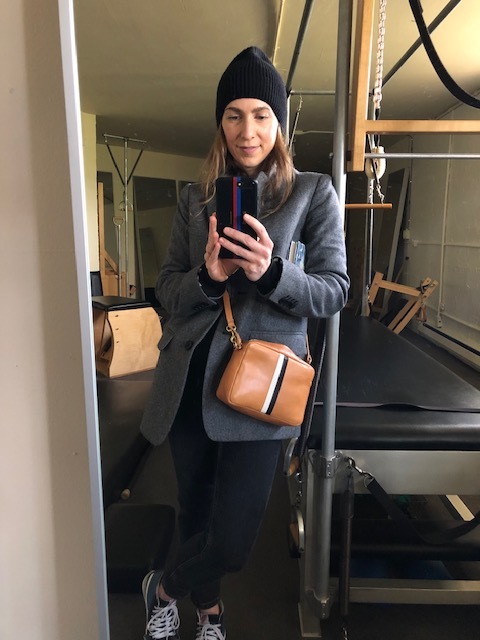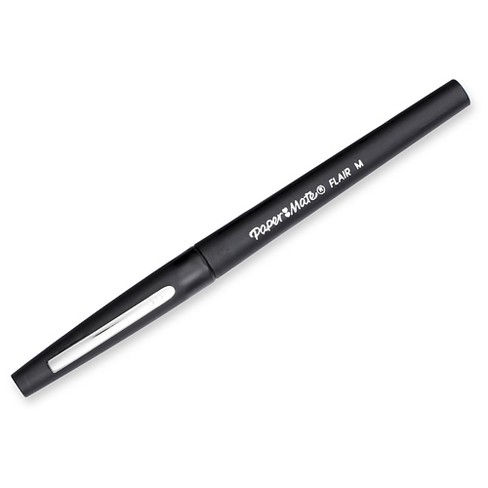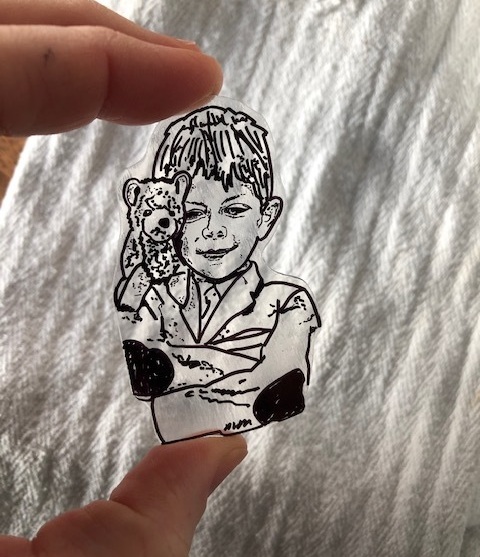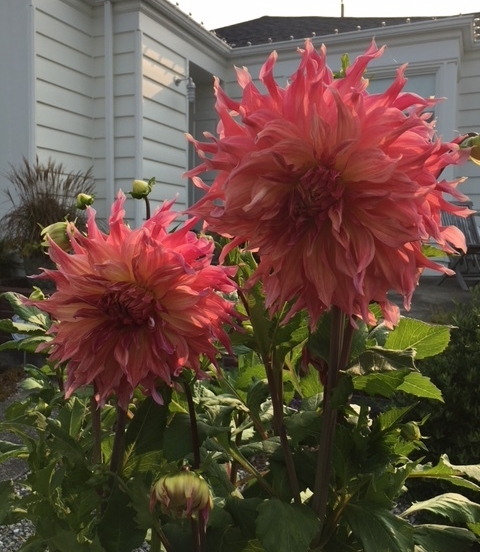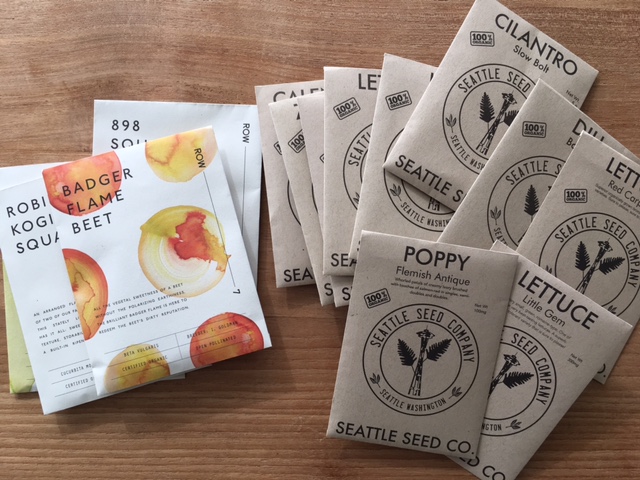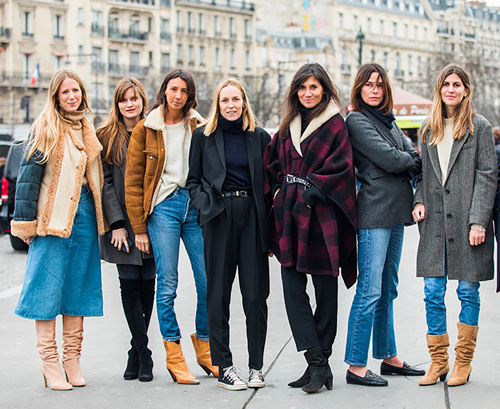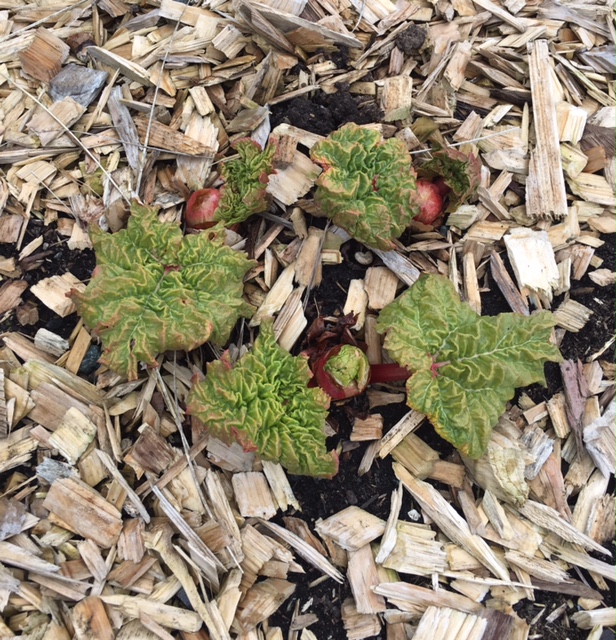Dan Barber's On Being conversation is among my top five (I mentioned it back here) and in that conversation he spoke about why pursuing flavor matters...
***
MS. TIPPETT: Right. And this wonderful — I don't know why it's surprising, but surprisingly, between doing the right thing and doing the ethical thing, is also the pleasurable thing. And that sustainability is also about resurrecting flavor.
MR. BARBER: Yeah. And the most pleasurable thing and the most delicious, so that they're all run along parallel lines. I mean, that's the serendipity of what I do, which is that, you know, my shiv is like I want to cook good food and it's in the pursuit of great flavor. It just so happens that you're attached to great ecology by definition. I mean, this is one of those things that's so axiomatic we forget. I think it's part because of what you mentioned. We went through this period, especially in the United States, where we're so removed from how food was grown and where it's coming from and who was growing it that we forget just the most obvious thing is that a delicious carrot, a delicious slice of lamb, has attached to it these decisions in the pasture and the field that are both thoughtful and intensely ethical as well as ecological, that you can't have an unethically raised lamb, an unthoughtfully raised carrot, and have a delicious lamb and carrot dish. It's impossible. Even the greatest chefs couldn't do that.
AND THIS...
MR. BARBER: There's two things really quick. The first is that I think one of the things that's been overlooked in this issue that we've talking about is breeders. I'm not talking about bioengineering, genetically modifying seeds. I'm talking about old-school breeders. At Cornell, they're like the hippies that came in the '70s that are there and have seeds literally in their desk drawers that we've been growing now; unnamed varieties of tomatoes, unnamed varieties of onions, unnamed varieties of squash have been sitting for years in the desks of these breeders.
So these breeders — and they are largely retiring, at least at Cornell — are the ones who have literally a vault — literally a vault — of information that I think is going to be so important as we transition away from the conventional mindset of agriculture and into this more regional look at agriculture, which is going to rely on these seeds that can withstand the challenges of growing locally and in a diverse system. So I'm really excited about that and I'm working with Jack Algiere and with a lot of these breeders in trying to get them to stay on and work more with us. What they say to me over and over again is, "No one's ever asked me about flavor." I hear it every time from the breeders. It was like clockwork, it's so weird. No one asks me about flavor. They always ask me about yield and about disease resistance. They're just like all we have to do is select for flavor.
***
I want to try them all, but am going to start with the Badger Flame beet, Robin's Koginut squash, that tiny beautiful 898 squash, and the 7082 cucumber.

